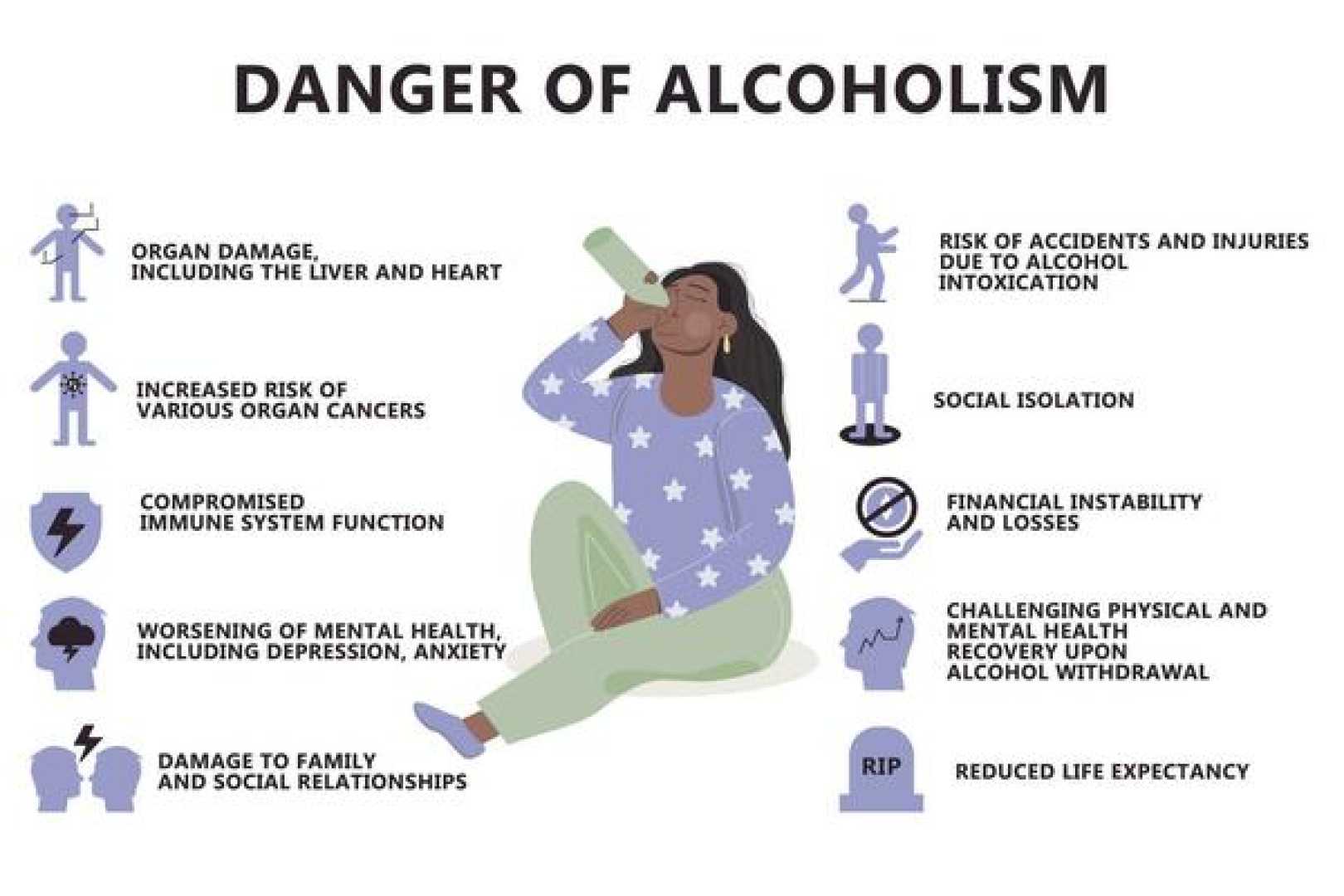Health
Experts Debate Safe Alcohol Limits Amid Growing Health Concerns

CHICAGO, Ill. — Amid growing concerns about the health risks of alcohol, experts are debating how much, if any, alcohol is safe to consume. Recent research and updated guidelines suggest that less is better, with some recommending as few as one to two drinks per week to minimize health risks.
The debate follows a U.S. Surgeon General‘s warning about the cancer risks associated with alcohol and a growing consensus that current guidelines, which allow up to 14 drinks per week for men and seven for women, may be outdated. A review of U.S. dietary guidelines is underway and could lead to stricter recommendations later this year.
“I do think a change is needed,” said Dr. Shikha Didwania, a primary care physician and medical educator at Northwestern University. “My guidelines would be that drinking fewer than seven drinks a week would be a healthier way to use alcohol.”
Research increasingly links alcohol consumption to higher risks of cancer, liver disease, and cardiovascular problems. However, the exact threshold at which risks increase remains unclear and varies based on individual factors such as genetics and lifestyle habits.
Dr. Timothy Rebbeck, a professor of cancer prevention at Dana-Farber Cancer Institute, noted that epidemiological studies provide a broad picture but are imperfect. “There will always probably be some question about whether a certain number of alcoholic beverage drinks a day is going to be the right answer,” he said.
Some experts, like Dr. Anna Lembke, a professor of psychiatry and addiction medicine at Stanford University, argue that even moderate drinking carries risks. “If you really want to stay in the non-risky drinking zone, you would be drinking no more than one to two standard drinks per week,” she said.
Despite the risks, some studies suggest that moderate alcohol consumption may have cardiovascular benefits. However, researchers caution that these findings may be skewed by other healthy behaviors among moderate drinkers, such as better diets and regular exercise.
Gender differences also play a role. Women are more susceptible to the harms of alcohol due to differences in metabolism and hormonal factors. For example, women who consume up to one drink per day face a 10% higher risk of breast cancer compared to non-drinkers.
Internationally, health guidelines are shifting toward stricter limits. Canada now recommends no more than two drinks per week, while countries like Ireland plan to mandate cancer warnings on alcohol containers starting in 2026.
For those concerned about their drinking habits, experts recommend tools like the CAGE questionnaire, which assesses problematic alcohol use. “I would encourage individuals to be aware of the amount of alcohol they are consuming,” said Dr. Leitz, an addiction medicine physician at Kaiser Permanente in Portland, Ore.
As the debate continues, the message from public health experts is clear: When it comes to alcohol, less is better.












